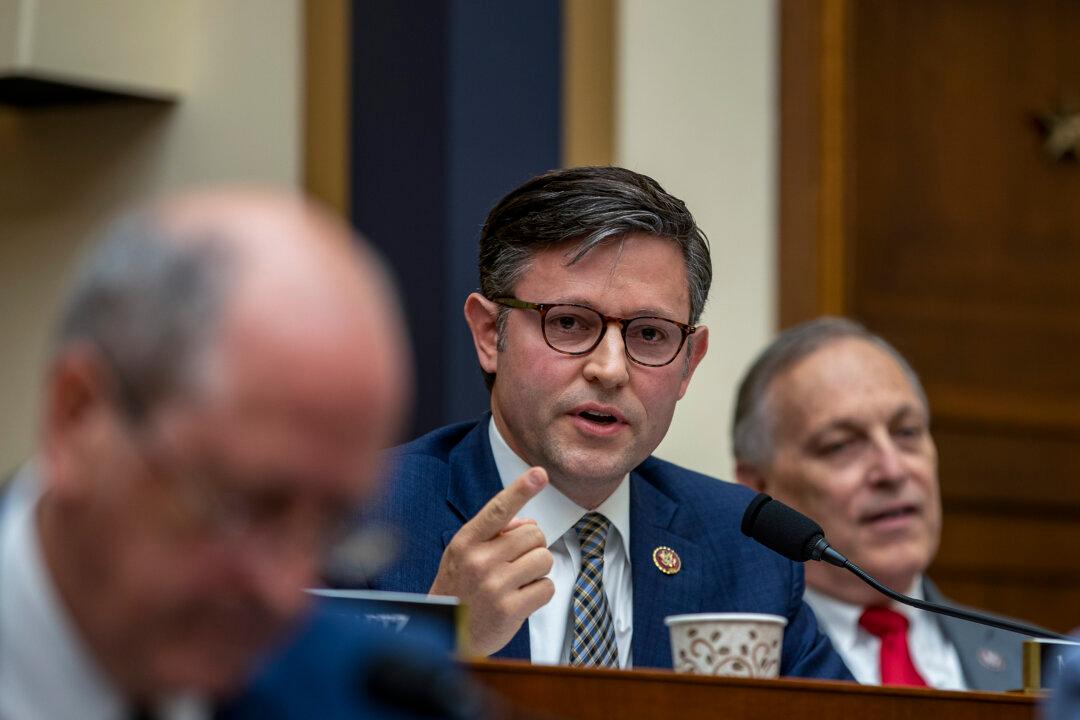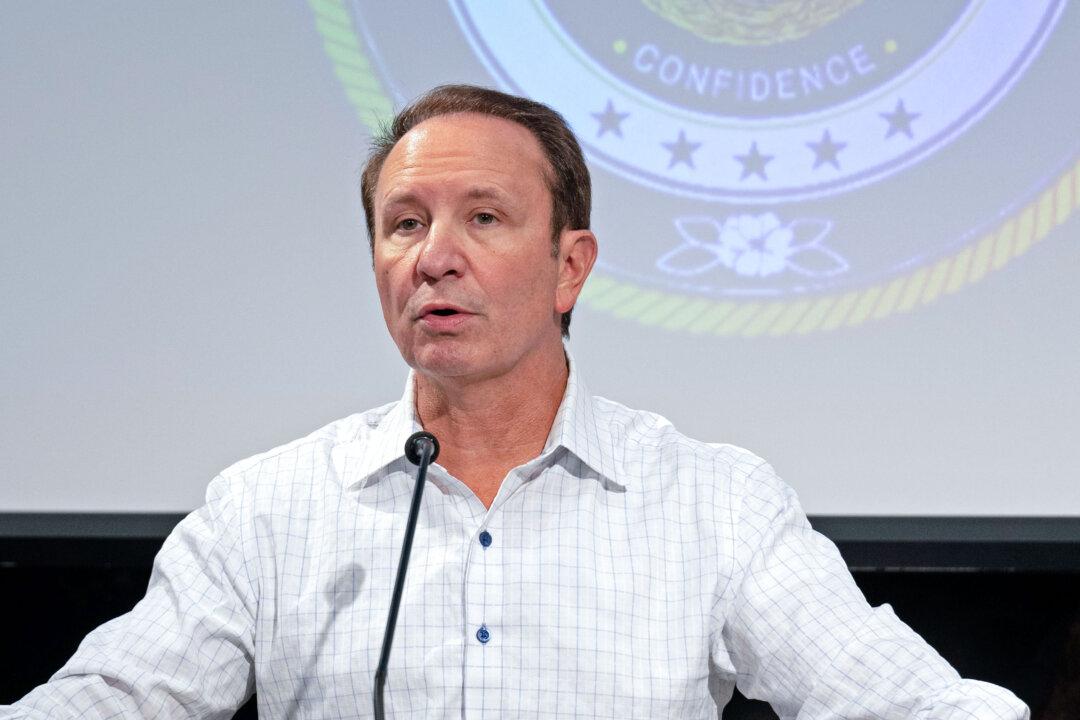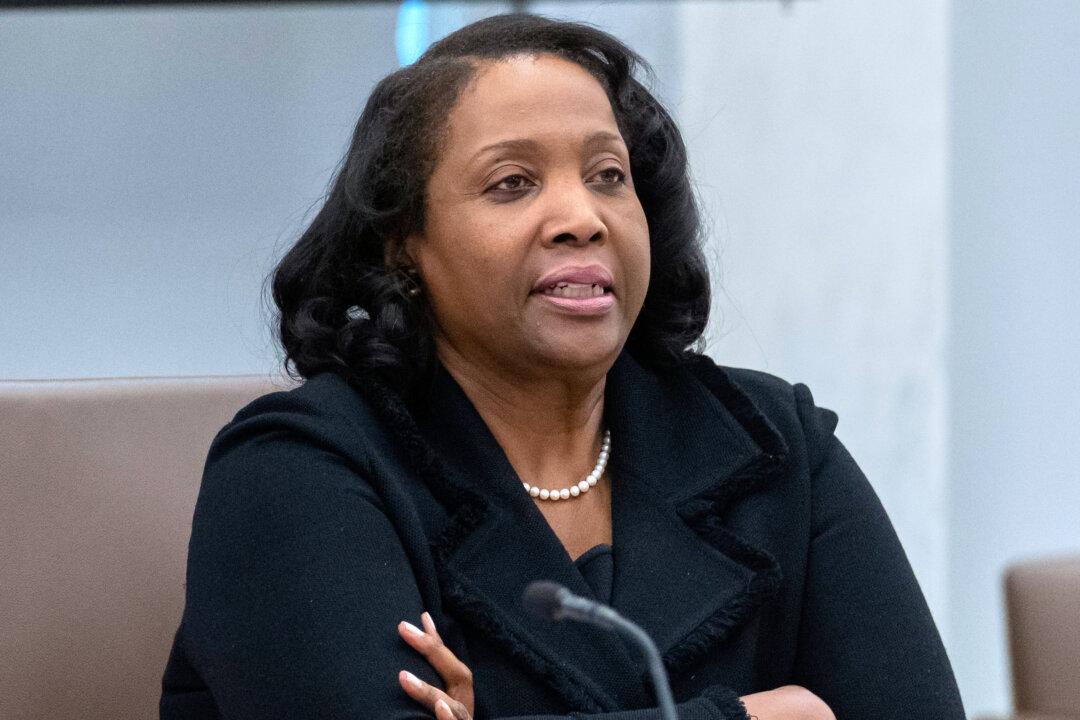The news about the FBI’s raid of former President Donald Trump’s Mar-a-Lago property rung vivid imageries of déjà vu in the mind of Rep. Mike Johnson (R-La.). It is a replay of what Johnson saw as a member of the defense during U.S. President Donald Trump’s 2019 impeachment trial.
But in Johnson’s eyes, the issue is bigger than Trump, Mar-a-Lago, and politics in Washington.





